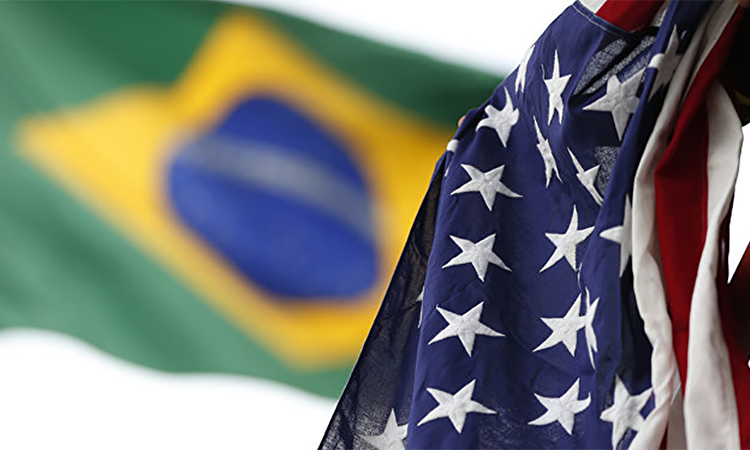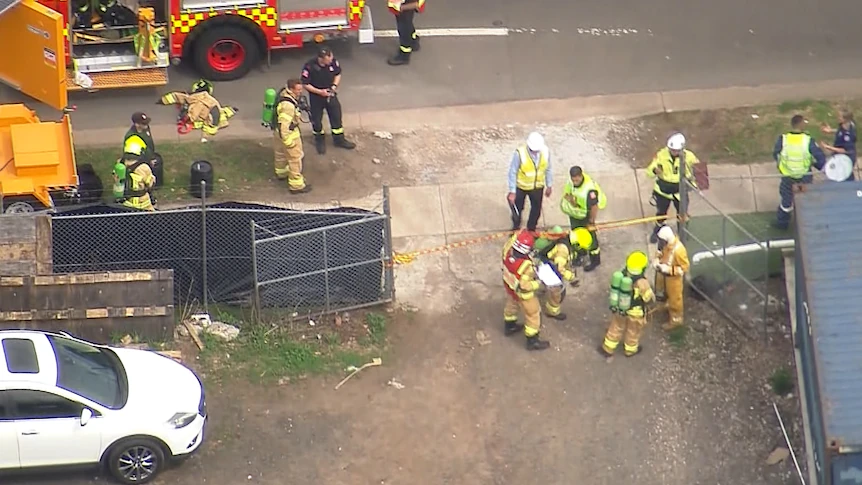By Rafael Silva Santos
Copyright riotimesonline

Brazil’s government has officially raised concerns at the United Nations after the United States delayed visa approvals for key Brazilian officials set to attend the UN General Assembly in New York.
As of one week before the event, several Brazilian ministers—including Health Minister Alexandre Padilha—still had not received entry clearance.
The US cited the delays as “in processing,” but the timing raised serious alarm in Brasília, especially as President Luiz Inácio Lula da Silva prepared to depart for the event and address critical topics like democracy, climate, and Palestinian statehood.
US law and the 1947 UN Headquarters Agreement both require the host country to grant timely visas to all attending official delegations. Brazilian diplomats say that denying or stalling these visas violates international law.
The delays, however, emerged just as the Trump administration imposed strict new tariffs—up to 50 percent—on Brazilian imports and revoked visas for several Brazilian public officials, deepening a visible rift.
President Trump publicly criticized Lula’s government, especially after Brazil’s Supreme Court convicted former president Jair Bolsonaro. Trump also objected to Brazil’s vocal support for Palestinian statehood, which appeared to further sour ties.
These actions mark a pattern: the US is not just raising tariffs and using trade as leverage, but now also constrains diplomatic access—a tactic rarely applied to a G20 country.
Brazil warned that, if the situation does not resolve, it will formally protest under the UN’s legal procedures. The dispute isn’t just about paperwork.
Denying visas shakes the foundations of international meetings, as it can silence key voices on urgent global issues and signal to other countries that trade and political disagreements might block their participation in worldwide forums.



